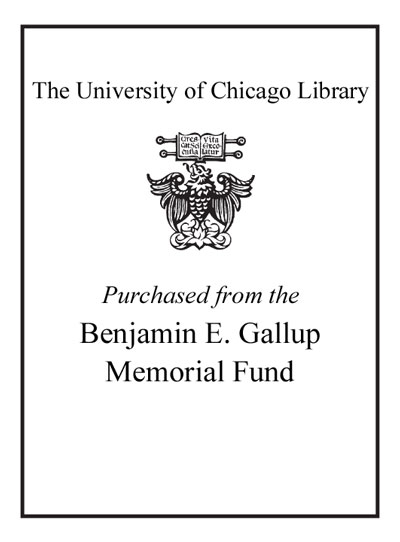Review by Publisher's Weekly Review
Describing his near-30-year career, `` in more detail than most readers will want,'' the former CBS News president writes also of the events and infighting that led to his 1986 dismissal. ``A fascinating look at how news organizations work,'' commented PW , this memoir ``will deservedly shake readers' faith in television journalism.'' (Mar.) (c) Copyright PWxyz, LLC. All rights reserved
(c) Copyright PWxyz, LLC. All rights reserved
Review by Library Journal Review
Joyce's insider book is a tale full of sound and fury told by no idiot. A career CBS man, news vice-president under Van Gordon Sauter, and president until forced to resign in 1985, Joyce has written a defensive, descriptive, dialogue-filled account of the dirty deeds done to him by the network. He depicts himself as a talented and misunderstood manager who did the best he could with budget and personnel in troubled times. Boyer, New York Times television critic and formerly a media critic for CBS News, describes Joyce as an inaccessible, aloof, and unpopular executive nicknamed the ``Velvet Shiv.'' Of veteran newsman Charles Collingwood's funeral, Boyer writes, ``The infidels, Joyce and Sauter, were inside the cathedral; corruption was complete, it could get no worse. But of course, it did.'' Other CBS insider books include Bill Leonard's In the Storm of the Eye ( LJ 5/15/87) and Peter McCabe's Bad News at Black Rock ( LJ 4/15/87). Robert Slater's This Is CBS ( LJ 6/15/87) is mostly narrative history. Joyce and Boyer cover the Westmoreland trial, William Paley, Sauter, the Cronkite-Rather feud, mass firings, the evening and morning news, Phyllis George, and takeover attempts; Boyer brings us to 1987 with Larry Tisch's successful takeover. The two approach CBS at different angles and levels of objectivity, but would probably concur that wounds inflicted are wide open. Jo Cates, Poynter Inst. for Media Studies Lib., St. Petersburg, Fla. (c) Copyright 2010. Library Journals LLC, a wholly owned subsidiary of Media Source, Inc. No redistribution permitted.
(c) Copyright Library Journals LLC, a wholly owned subsidiary of Media Source, Inc. No redistribution permitted.
Review by Kirkus Book Review
A riveting account of the widely publicized turmoil at CBS-TV's once-illustrious news division, from a good soldier who was outgeneraled and overtaken by events. Joyce covers much of the same ground as Peter J. Boyer in Who Killed CBS? (p. 419). He does so, however, in far greater (occasionally numbing) detail and with an insider's eye for sociopolitical nuance. All told, the author spent nearly three upwardly mobile decades in the broadcasting giant's employ. In 1983, Joyce became president of the news division--a post he lost under murky circumstances just three years later. Looking back on a generally rewarding career, Joyce (who seems to have retained every memo he ever wrote or received) recalls a wealth of prime times, including revival of the network's evening news program in the post-Cronkite era. The author also takes rueful pleasure in having introduced the prodigal tenants of ""the house that Murrow built"" to the novel concept of living within their means; on the plus side of his ledger as well is having managed to provide competitive coverage of breaking news around the world in the face of devastating budget cuts. Less gratifying for Joyce were the constant crises. It was on his watch, for example, that General William Westmoreland sued CBS for libel. (The old soldier might have been better advised to hang in, since Joyce makes clear that the network's outside counsel did not at all like its presettlement chances.) The author also shared responsibility for the disastrous decision to hire gorgeous Phyllis George as co-anchor for the morning news show. In the meantime, unwelcome takeover bids for the parent company galvanized executive-suite tenants into panicky efforts to enhance the bottom line. In the midst of these convulsions, Joyce reports, Dan Rather's agent finessed CBS into renegotiating his client's megabuck contract. Eventually, perhaps inevitably, a casualty of the corporate infighting and power struggles that turned friend into foe, Joyce retired from the fray with honor--and files. He has put both to productive use in this evenhanded, immensely readable account of life near the top of an organization staffed almost exclusively with insecure egotists and schemers. Copyright ©Kirkus Reviews, used with permission.
Copyright (c) Kirkus Reviews, used with permission.
Review by Publisher's Weekly Review
Review by Library Journal Review
Review by Kirkus Book Review

